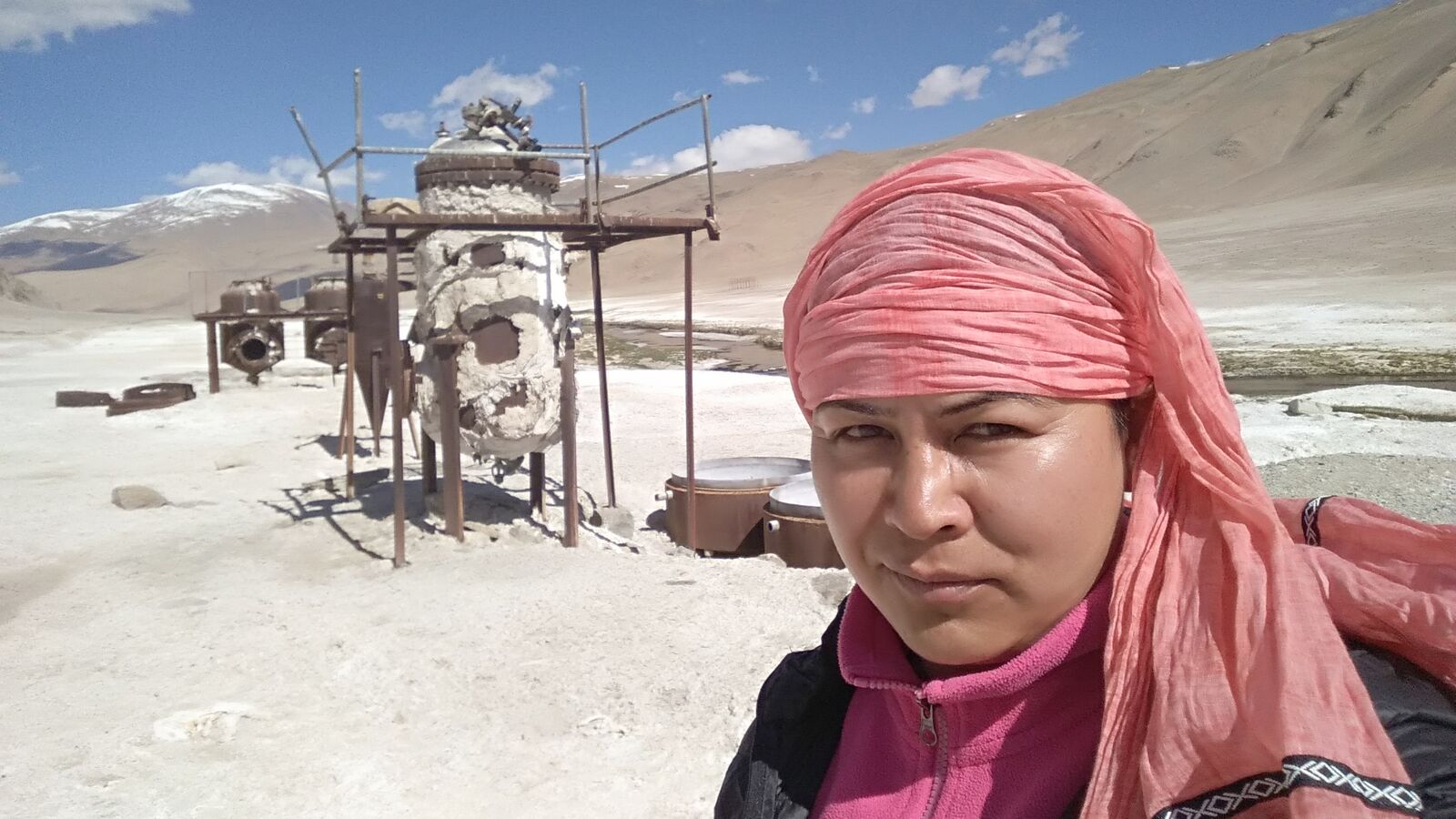Kunzes' Path To Sustainable Energy Engineering
From India to Iceland through ISE and GRÓ GTP

REYKJAVIK July 14 - We're grateful and proud to have students attend from around the world. From England, to Brazil, to India, to the United States, students learn from each other to find solutions to global issues. The opportunity to study here in ISE and in Iceland is the experience of a lifetime for our students. But the paths thru which each ISE student find their way to Iceland vary. Take Kunzes Dolma (2020). Hailing from Ladakh, India, Kunzes is finishing her degree in Sustainable Energy Engineering. Her story starts with the United Nations Education, Scientific, and Cultural Organization (UNSECO).
Iceland has four different programs supported and organized by UNSECO including the Fisheries Training Programme (FTP), Land Restoration Training Programme (LRT), Gender Equality Studies & Training Programme (GEST), and the Geothermal Training Programme (GTP) . The purpose of this is to educate people from developing countries and help them gain exposure in these fields of study. “It gives a real opportunity to people like me who wouldn't have had this exposure otherwise and you gain a lot from the experience,” Kunzes noted. Since the 1970s, countries including Indonesia, China, Mongolia, and India are asked to nominate 25 to 50 fellows for a 6-month GTP here in Iceland. Upon completion of the program, 5 masters fellowships and 1 PhD fellowship are selected. Not only did Kunzes receive the fellowship for the GTP, but she also is the first woman from India to do so. “It's a good thing but also feel like it is a bad thing,” she stated, “because I am the only woman to do this.”
But Kunzes' journey had started before she even came to Iceland. After getting her degree in Mechanical Engineering, she was involved in many projects in India surrounding renewable energy. Most notably, Kunzes worked with the Ladakh Renewable Energy Development Agency (LREDA) as a Senior Project Engineer, oversaw Solar Passive Architecture, Geothermal, and Solar Greenhouses. Through this project, these greenhouses were implemented into houses to help grow food in the winter months when food scarcity becomes an issue. She said,
I found that this project positively affected women in the region. When women are given the ability to grow and even sell their own food throughout the year, they can make a living for themselves.
She found that there is a clear link between social and ecological sustainability and has focused her thesis on exploring food and energy security in her region.
“Back in India,” she explained, “there is a pressure for women to get married and have kids and there are certain perceptions of women who can go out, get a job, and live their dream.” While her research centres on local energy usage and food security, Kunzes has a deep passion for getting more women involved in the energy sector. She stated that “There is a gender imbalance, not only in developing countries but also in developed countries with women comprising a fourth of the energy sector.” She was one of the two women accepted to her engineering classes at her undergraduate university.
In November of 2018, Kunzes attended the Gender and Energy Forum in Washington DC hosted by the Inter-American Development Bank to learn more about this gender equality issue. Kunzes felt that this conference was an enlightening experience that motivated her to talk to other women about their struggles. In 2019, she received the Women in Geothermal (WING) Courageous Award and she knew that there was a great change in her life. She would then go onto receive the 2019 Outstanding Green Activist Award from the Indian Federation for Green Energy (IFGE) and become the keynote speaker and panellist for Framework for Geothermal Policy in India at the 4th International Conference on Geothermal Energy in Indian in January 2020.
I believe that the more we talk and expose the problems existing, the more people will be aware. Even if it only affects a small group of people, we still must bring light to issues such as gender equality, food security, or energy security.
When asked what we can do to make a change when it comes to solving this issue, Kunzes stated that the solution is simple.
Talk to others and listen, engage in meaningful conversations with people from all over, network with those around you, gain mentors, and/or be a mentor. Listening to people is key.
Kunzes has prepared for her next undertaking by securing the UNESCO GRÓ GTP doctoral scholarship. We at ISE look forward to what Kunzes will do next and find inspiration in seeing women like her working to make a difference in the world today.
